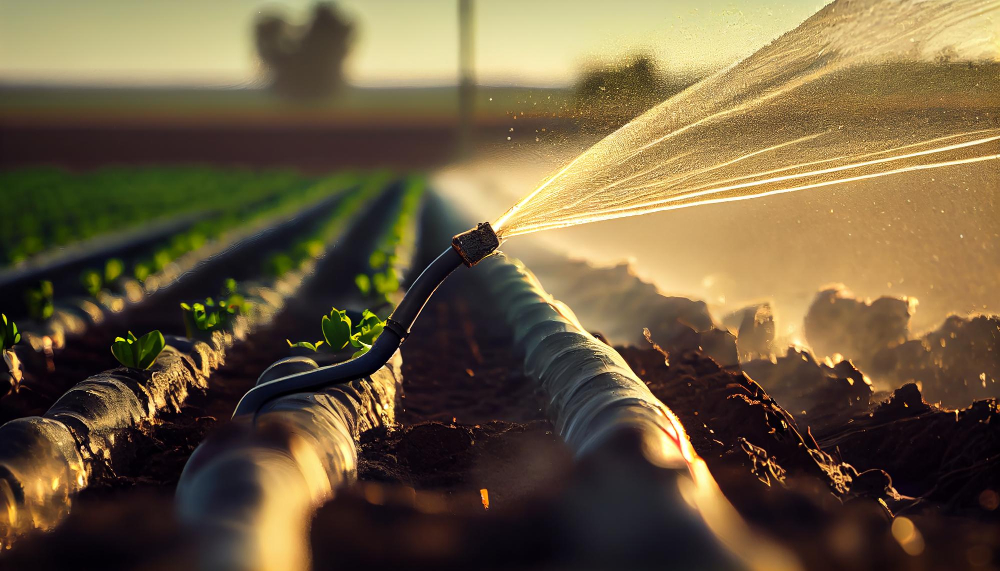Reliable water storage solutions play a pivotal role in ensuring a steady and consistent water supply for both commercial and agricultural enterprises. And among the diverse options available, water storage tanks stand out as reliable and efficient choices.
Here are the top three reasons why:
1. They ensure a stable supply.
Water storage tanks act as reservoirs that store water during times of abundance, ensuring a stable supply during periods of scarcity. This is crucial for commercial and agricultural operations, especially in the Philippines, where water demand can vary significantly based on seasonal changes, crop irrigation needs, or industrial processes.
2. They can be utilized during emergencies.
In times of drought or unforeseen water shortages, having a robust water storage system becomes a lifeline for businesses and farms. Water storage tanks provide a buffer, allowing users to weather periods of water scarcity without disruptions to their operations.
3. They are cost-effective and sustainable.
Investing in water storage tanks is a cost-effective and sustainable way to manage water resources. By capturing and storing rainwater or excess water during peak availability, businesses and farms can reduce their reliance on external water sources, ultimately leading to cost savings and a smaller environmental footprint.
For farmers and business owners in the Philippines, there are two dependable choices in terms of water storage solutions.
Option 1: Stainless Steel Tanks
Stainless steel water storage tanks are renowned for their durability and resilience. These tanks are constructed using high-quality stainless steel, which is resistant to corrosion and rust. This makes them ideal for withstanding harsh weather conditions and ensuring a long lifespan.
Known for their hygienic properties, these units are very suitable for storing potable water. The material is non-reactive, preventing the leaching of harmful substances into the water. This is particularly crucial for industries such as food and beverage, where water quality is of utmost importance.
Stainless steel water storage tanks are also versatile and can be customized to suit specific needs. They are suitable for a wide range of applications, including storing water for agricultural irrigation, industrial processes, or emergency water supply. Their adaptability makes them a top choice for businesses with diverse water storage requirements.
Option 2: Plastic Water Tanks
Plastic water tanks have gained popularity due to their lightweight nature and cost-effectiveness. These tanks are typically made from high-quality polyethylene, offering a durable and reliable solution for water storage.
One of the key advantages of plastic water tanks is their lightweight construction, making them easy to transport and install. This can be particularly beneficial for agricultural operations where mobility and quick setup are essential for adapting to changing water needs.
Plastic water tanks are also resistant to a variety of chemicals and UV rays, ensuring the water stored remains uncontaminated and safe for use. This makes them suitable for applications where the water may come into contact with fertilizers, pesticides, or other potentially corrosive substances.
Which Option Should You Choose?
Whether opting for the durability of stainless steel tanks or the cost-effectiveness of plastic water tanks, choosing the right water storage solution is crucial for ensuring a reliable and consistent water supply. In any case, selecting the appropriate size of water storage tank is crucial. Assessing water usage patterns and the volume required during peak periods helps determine the optimal capacity. Commercial enterprises with high water demands may opt for larger stainless steel tanks, while smaller plastic water tanks may suffice for individual farmers or smaller businesses.
Regular maintenance also is essential for ensuring the longevity of water storage tanks. Stainless steel tanks require minimal maintenance due to their corrosion-resistant properties. On the other hand, plastic tanks are easy to clean and typically only require periodic inspections. Considering the maintenance requirements is vital for choosing a solution that aligns with the available resources and expertise.If you’re having a hard time picking between the two, you can always consult the experts like Firstank PH. For inquiries, send a message on their official Facebook account: https://www.facebook.com/firstank.

